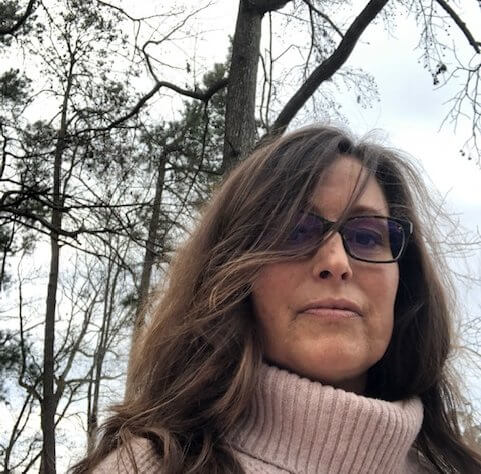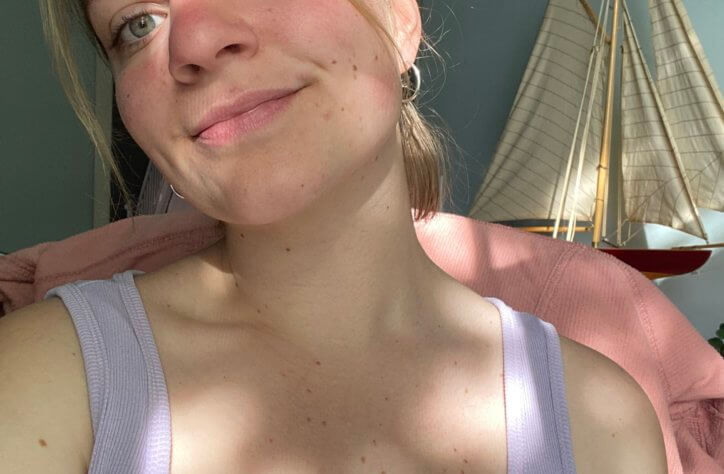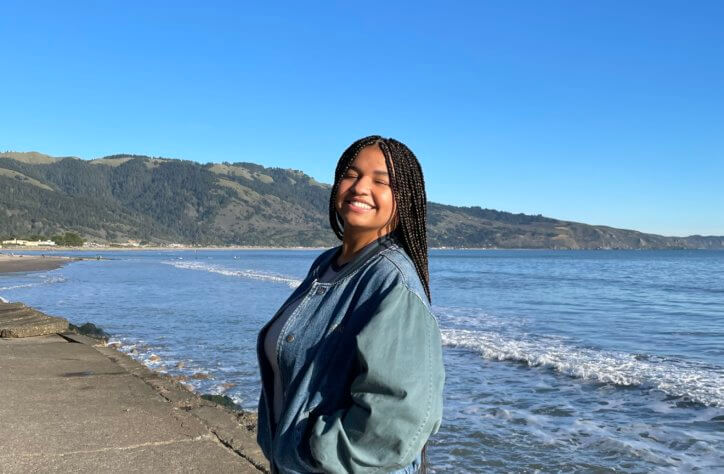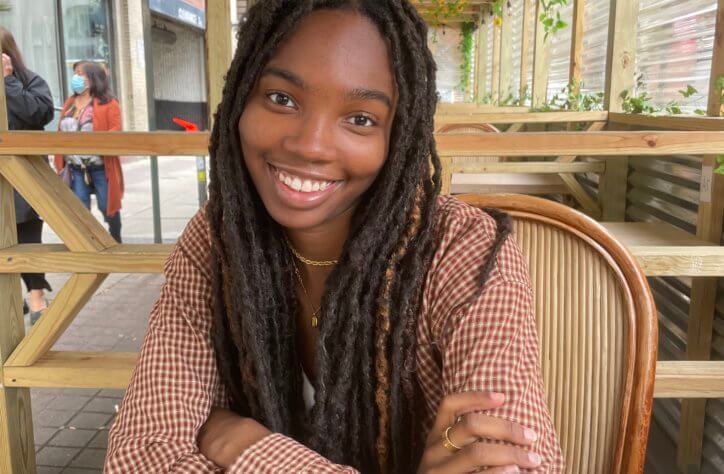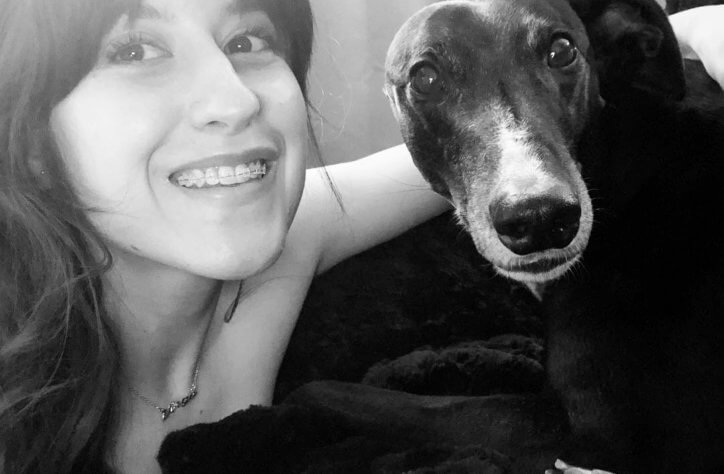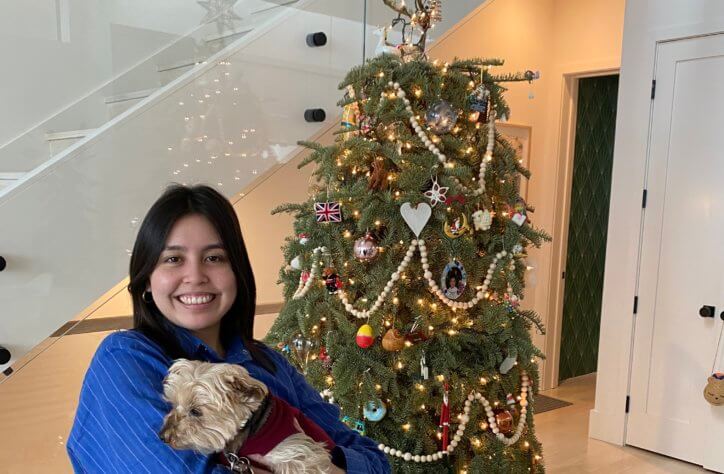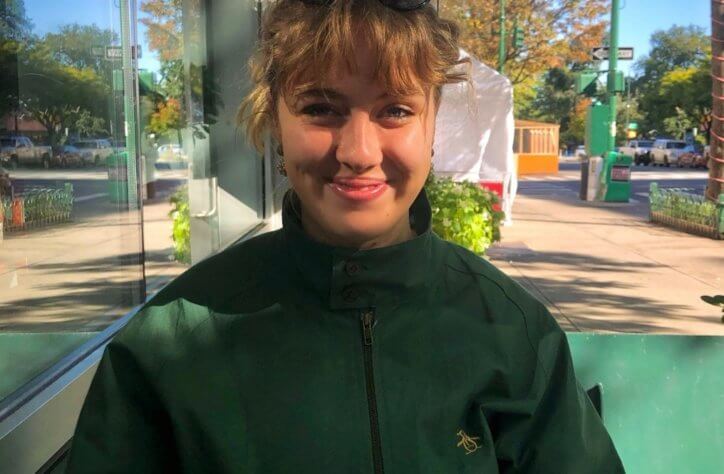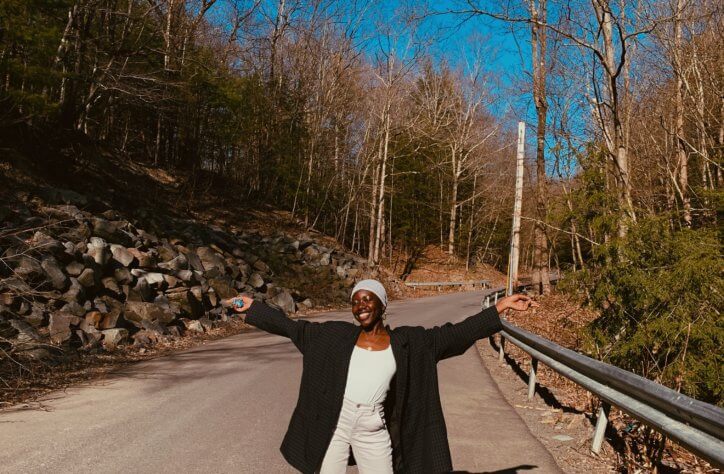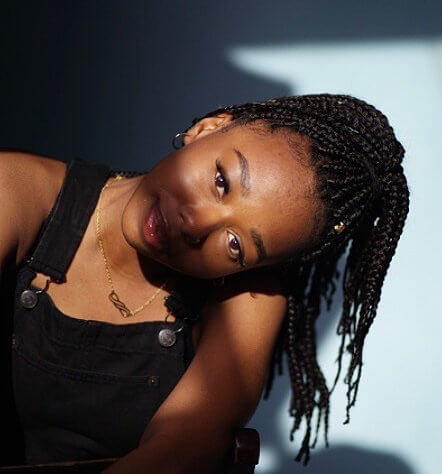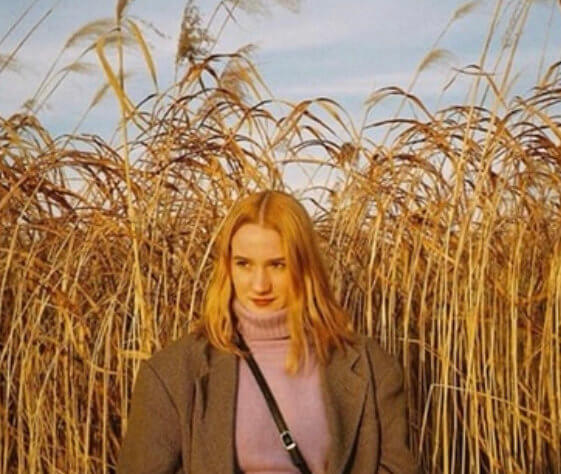In the spring of 2002, I sat in a half-empty classroom to take my first standardised test. My primary school was a small horse-shoe building on the edge of Newsham Road, shaded by overgrown trees. During the examination, we sat at communal tables with thick, rubber trims. An empty chair placed between each student to cheat the cheaters.
The buckles of my jelly shoes clicked as I fidgeted. In front of me lay an open booklet and three sheets of answer paper, the first question big and bold at the top of the page. Where is the swan heading?
A story filled my reading booklet, the words were large and evenly spaced out. In the centre of the right-hand page, a watercolour grey swan waddled through a field of snow toward a frozen lake. A path of its footsteps trailed behind. Where is the swan heading?
The examination didn’t intimidate me, but I was suspicious of the question. The narrator in the story told me the swan was heading home, but I knew swans. They were smart and cunning creatures. They circled the caravan park I stayed at with my grandmother in the summer, stopping by each door to see if the inhabitant spared any bread. With this in mind, I presumed the swan had seen the lake had frozen over and made a decision to head somewhere else. Home felt like an obvious, yet futile answer.
The clock ticked above the blackboard until the big and small hand aligned to emphasise the number twelve. The bell shortly followed, ringing out for lunchtime. My classmates hurried to hand their completed papers to the teacher as they scuffled out the door. I remained seated, still mulling over the first question. The lines of my answer booklet bare.
As my teacher pulled up a seat beside me, she noticed I hadn’t completed a single question on my paper. Her gaze fell to my hands, picking at a loose seam of my royal blue cardigan.
‘Why didn’t you answer the questions?’ Miss Lowry asked. Her voice was soft and calm. She was a plain lady, with a smooth blonde bob and thick-rimmed glasses. She seemed old to me but in retrospect, she was maybe only in her mid-thirties. She was my favourite teacher; in my mind, I referred to her as Miss Honey because much like the beloved teacher in Matilda, she was the only adult in my primary school that could communicate with children without shouting.
‘I wasn’t sure of the answer,’ I replied.
‘Kara, if you don’t know an answer, or something is too difficult, you can skip past it,’ her words were a revelation.
Eleven years later, in the spring of my final year at sixth form, it was confirmed that arrangements for my spinal surgery would commence as soon as exam season had ended. A decision reached upon my request, so I wouldn’t have to repeat my final year. The only thing I could think of being worse than having my spine broken and realigned was reliving another year of high school.
Statistics of my survival were slim. Having such a rare connective tissue disorder meant nobody could predict how my body would cope with the trauma. Every appointment leading up to the final decision had been equally as upsetting, as my surgeon wrestled with his apprehension to intervene with my disfigured vertebrae. I spent hours in his office weighing up how debilitating my life was becoming. Often, I would cry as he questioned me, mainly out of frustration. Rating my pain on a scale of one to ten seemed insensitive because it was a constant ache, therefore, I couldn’t answer him.
The outbursts of emotion were unsettling, especially considering I had never been much of a crier. I wept a lot throughout this portion of my life; a pointless pastime that provided no relief. I would sit on the floor of my shower, letting the warm running water stream down my cheeks to leave no trace of my distress. I wept for my depleting social life, for my forced withdrawal from university, for what felt like the disintegration of my future, and most prominently, I wept because, throughout all of this, I was fat.
One evening during this time, I accidentally took a double dose of my pain medication. Too distracted by coursework deadlines I swallowed extra pills on my way to my final lesson and had to carry out the rest of my day in a docile haze.
Returning home, I slipped straight into my bed, passing my symptoms off as a migraine. My mother left me to recuperate in slumber as they sat down for tea, bringing my meal up to my room when I awoke. Still buried under my duvet, she set the plate of meat, gravy and roast vegetables down in front of me on a tray. I stared at the meal blankly and waited for my appetite to kick in. I still felt nauseous from the excess opiates I had taken and the thought of chewing and swallowing a pile of mashed potatoes and mint sauce was unappealing. I couldn’t bring myself to eat. It was too difficult, so I skipped over it.
I mushed a convincing portion of the meal down with my fork, scraped it into some toilet roll and dropped it into the toilet bowl, flushing it away. It felt liberating. I was in control. I sat cross-legged in my underwear in front of my bedroom mirror as the bathroom drain gurgled and digested my food for me. I pinched at my flesh, nipping back the layers of fat to surface my bones. It stung my skin, but it was a pleasant pain.
As the weeks passed and my final year grew to a close, my body shed pounds like snakeskin. I called it my metamorphosis. My relationship with food grew estranged, but never concerning to outsiders. I chewed my breakfast and spat it into the toilet every morning, replacing it with additional painkillers. I survived throughout my school days on mugs of hot green tea, allowing myself tomato soup at lunchtime. The bottom of my cup would be hot to touch fresh out of the microwave, burning like seven needles scratching at my fingertips but still I gripped it tightly. The urgency was comforting.
At teatime I employed a new dining etiquette, separating my meal into categories. I’d begin by eating the items with the lowest calories, mainly salad or steamed vegetables. Each bite would be washed down with three sips of water. Meat was more difficult to chew, I’d cut it into tiny pieces, only eating a handful. Finally, I’d swirl my leftovers around to break them down. It didn’t matter if they touched each other, I wasn’t going to eat them.
These habits followed me into surgery. I was slimmer but still disfigured by the curvature of my spine when I laid down in theatre. My brain couldn’t comprehend the weight I had shed.
The surgery was lengthy, twelve hours in total; the recovery just as gruelling. I spent the first four weeks of my two-month hospital stay laid flat on my back. It’s difficult to eat lying down, so I didn’t.
On the day I was finally able to sit up, my morphine was switched out for a cocktail of other painkillers. To stop the vomiting, I was warned to line my stomach with something. As the nurse removed my gown to wash me, I got the first semi-lucid glance of my naked body. It was unfamiliar to me. My hip bones and ribs protruded beneath my translucent skin just like I had fantasised.
Once I was washed and dressed, she asked me what I would like to eat, as she did every day. I sat silently, unable to answer. The TV on my bedside played an advert for an Actimel yoghurt as she spoke. I watched as different fruits flew dramatically through the air and splashed into the thick, white yoghurt. Apricots, raspberries and pomegranates.
‘You know,’ my nurse began, ‘during my first pregnancy I was often sick. My grandmother used to feed me pomegranates. At first, I didn’t want to eat them because I was scared the juices would sting on their way back up, but eventually, she wore me down and I ate them for every breakfast to start my day. When you break down the seeds, they make a paste that lines your stomach. You can survive on pomegranate seeds, they’re full of water and vitamin C, so they heal you from the inside out.’
I sat with the thought for a moment. My skin wasn’t healing, and I was at risk of infection. I was weak. I was tired and truthfully, I was hungry. It was a difficult situation and the only way to skip past it was to eat. The thought of sweet pomegranate seeds in my mouth was tempting.
‘I think I would like to try that,’ I said.
